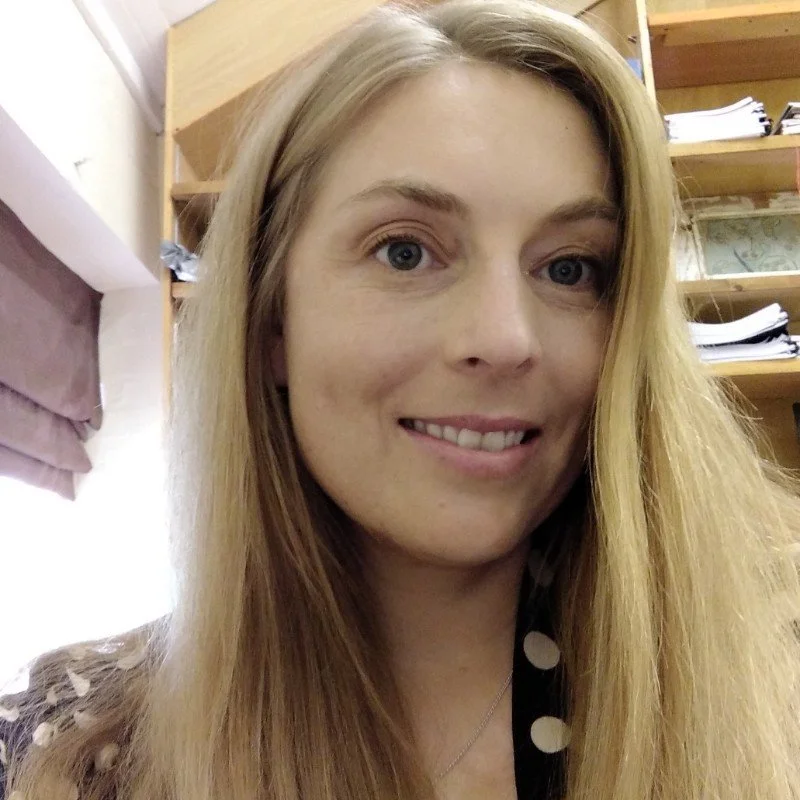
Science communication training for researchers who want to make impact
We offer bespoke science communication training for researchers who want to improve the way they communicate with non-specialists
Learn and practice real-world communication skills in a supportive environment
Build your confidence to communicate strategically with diverse audiences
What you’ll learn
The power of stories
Reflect on your story. Learn storytelling techniques to communicate for impact.
Strategic communication
Learn to develop a targeted communication strategy with specific and measurable communication goals to up your impact.
Media skills
Learn to confidently communicate with journalists so that you ace your next media interview.
Communication tools
Explore animations, podcasts, photography, social media and other creative ways to communicate your research.
Why do science communication training?
The world needs scientists who can communicate about their work in a way that people without PhDs can understand!
Effective science communication makes science accessible and relevant so that it can inform positive changes in policy, practice, and behaviour.
How it works
1 - We consult with your team to identify your science communication training needs.
2 - We tailor our standard learning material so that course participants work with examples of research relevant to your organisation.
3 - We run a training programme that includes online learning, facilitated sessions (online or in-person), and practical assignments with real-world value.
Testimonials
“An excellent sci-comm 101. It gives a great introduction to essential communication strategies and tools for everyone from science students to tenured professors to science practitioners.”
Alta de Vos - senior lecturer, Rhodes University
“The best communication course l have attended. It helped me strengthen my communication techniques and strategies and understand my audience. The course is well structured and informative.”
Dr. Darlington Sibanda - postdoctoral research fellow, African Climate and Development Initiative, University of Cape Town
“I really enjoyed the course. I learned different things that will be invaluable in my writing for different audiences. I would recommend the course because it is very informative and imparts skills to enrich your writing.”
Kennedy Chege - PhD candidate (Law), University of Cape Town
We’ve trained over 300 researchers from leading institutions worldwide, including…
African Climate and Development Initiative (University of Cape Town)
ARUA-CD Centre of Excellence, Climate and Development
Australia’s Commonwealth Scientific and Industrial Research Organisation (CSIRO)
The South African National Biodiversity Institute (SANBI)
The South African Research Chair: Mineral Law in Africa
UN Environment Programme (UNEP)
UN Food and Agricultural Organization (FAO)
University of Saskatchewan School of Environment and Sustainability
Want to build your science communication skills and increase your impact? We’d love to hear from you.
Get in touch to learn more about training for you or your organisation.
Meet the instructors
Dr Tali Hoffman - science communicator & founder of Honeyguide Science Communication
With a PhD in Zoology, Tali is is able to interpret the technical details and complexity of a wide range of scientific disciplines.
Through a decade of working as a science communicator, Tali has honed her ability to make science more accessible to diverse audiences. Her passion for teaching and experience as a trainer allows her to help others build their science communication capacity.
Brendon Bosworth - communications specialist & founder of Human Element Communications
Brendon believes that academic research needs to be paired with a softer, more human approach that relies on the power of storytelling to bring science to life.
He has 15 years of experience as a journalist, editor, and communicator. Through his work inside and outside research institutions, he has identified challenges and opportunities for creating better synergies between researchers and non-specialist audiences.
He is a Fulbright scholar with a master’s degree in Journalism from the University of Colorado Boulder.






